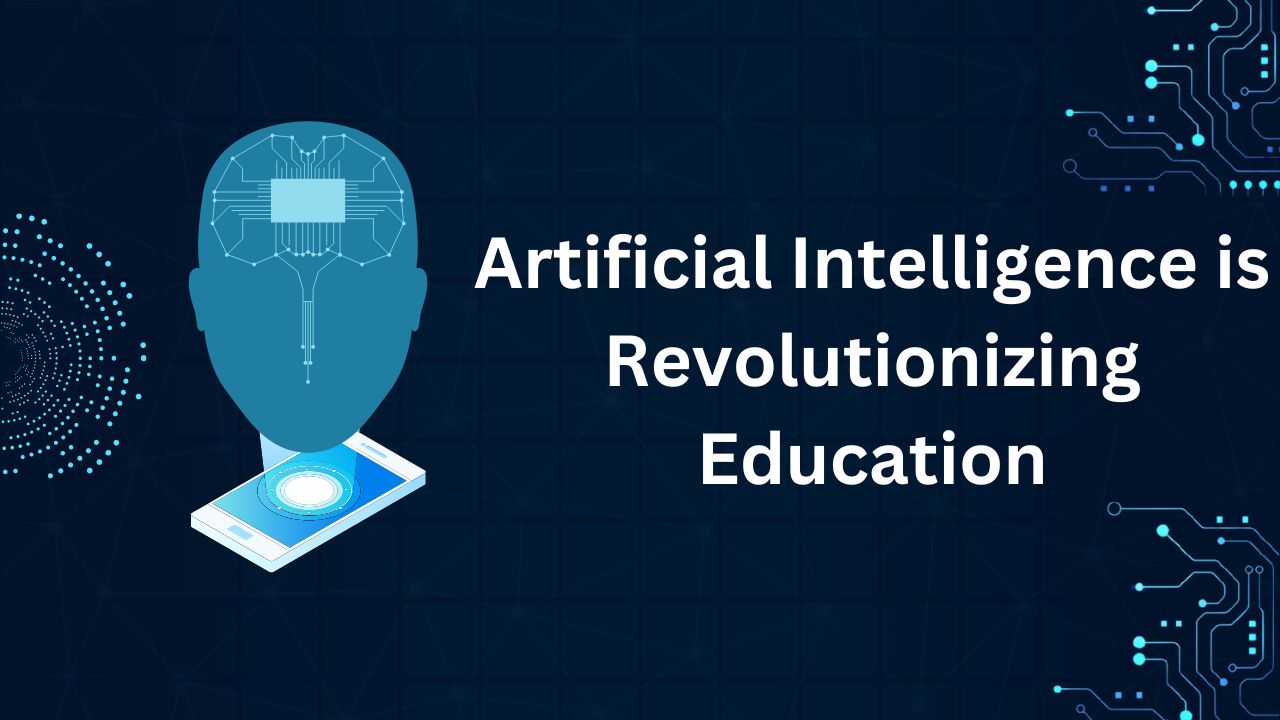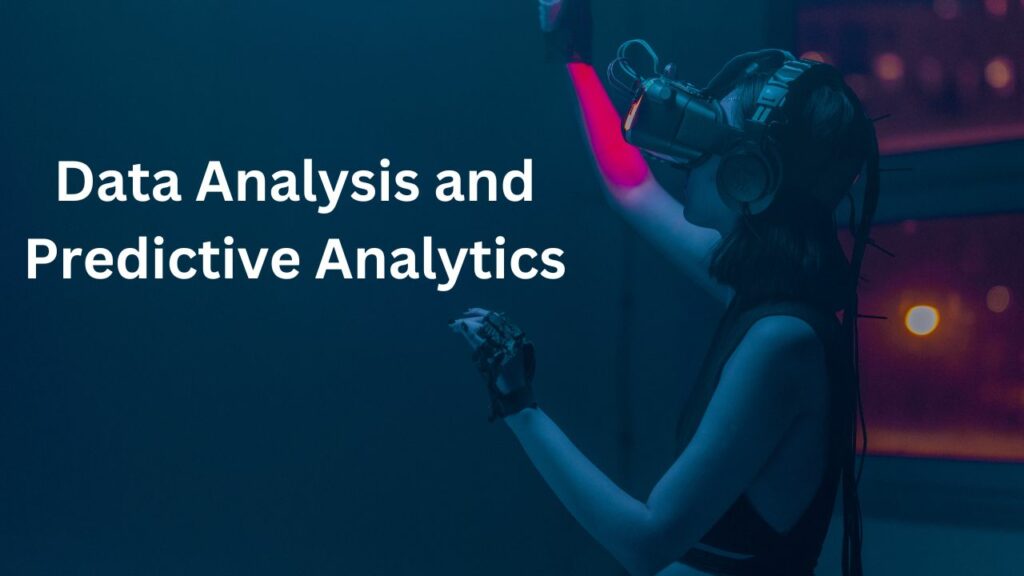
How Artificial Intelligence is Revolutionizing Education?
Artificial Intelligence (AI) has rapidly transformed various industries, and education is no exception. With its ability to process vast amounts of data, learn from patterns, and make intelligent decisions, AI is revolutionizing the way we teach and learn.
In this blog, we will explore the role of artificial intelligence in education and how it is reshaping traditional classrooms, personalized learning, assessment, and educational research.
AI-powered Personalized Learning
One of the significant impacts of AI in education is its ability to personalize learning experiences for students. AI algorithms can analyze individual student data, including learning styles, preferences, strengths, and weaknesses, to create personalized learning paths.
Intelligent tutoring systems can adapt the pace and content of instruction to meet the needs of each student, providing targeted feedback and guidance. This personalized approach improves student engagement, motivation, and learning outcomes.
Intelligent Virtual Assistants and Chatbots
AI-powered virtual assistants and chatbots are transforming the way students interact with educational institutions. These intelligent systems can provide instant support and answer frequently asked questions, allowing students to access information and resources anytime, anywhere.
Virtual assistants can assist with enrollment, and course registration, and provide guidance on academic and administrative matters. This automation reduces administrative workload and improves efficiency in educational institutions.
Artificial Intelligence: Smart Content and Adaptive Learning
AI enables the creation of smart content that can adapt to individual student needs. Intelligent algorithms can analyze student performance and provide personalized recommendations for supplementary materials, activities, and assessments.
Adaptive learning platforms use AI to continuously assess student progress and adjust the difficulty and pace of learning materials accordingly. This adaptive approach ensures that students receive tailored content that matches their skill level and challenges them appropriately.

Data Analysis and Predictive Analytics
AI and data analytics have immense potential in education for analyzing vast amounts of student data and extracting valuable insights. Predictive analytics can identify early warning signs of student disengagement or potential learning difficulties, enabling timely intervention and support. AI algorithms can also analyze large-scale educational data to identify patterns and trends, informing educational research, curriculum development, and policy-making.
Automated Assessment and Feedback
AI-powered assessment tools are streamlining the grading process and providing immediate feedback to students. Machine learning algorithms can evaluate objective assessments, such as multiple-choice questions, with high accuracy.
Natural language processing allows AI to analyze and provide feedback on subjective assessments, such as essays, based on predefined criteria. Automated assessment saves time for educators, provides faster feedback to students, and ensures more consistent and objective grading.
Intelligent Learning Analytics
AI-powered learning analytics enables educators to gain deeper insights into student learning behaviors and patterns. By analyzing data generated from online learning platforms, educational software, and student interactions, AI algorithms can identify areas where students struggle or excel.
This information helps educators tailor their instructional strategies and interventions to better support student learning and achievement.
Conclusion
Artificial Intelligence is revolutionizing education by enabling personalized learning experiences, intelligent virtual assistants, adaptive learning, data analysis, automated assessment, and learning analytics.
With AI’s ability to process vast amounts of data, identify patterns, and make intelligent decisions, it holds great promise for transforming traditional educational systems and improving learning outcomes. As AI continues to evolve, educators, policymakers, and educational institutions must embrace its potential to create a more engaging, inclusive, and effective learning environment for all students.